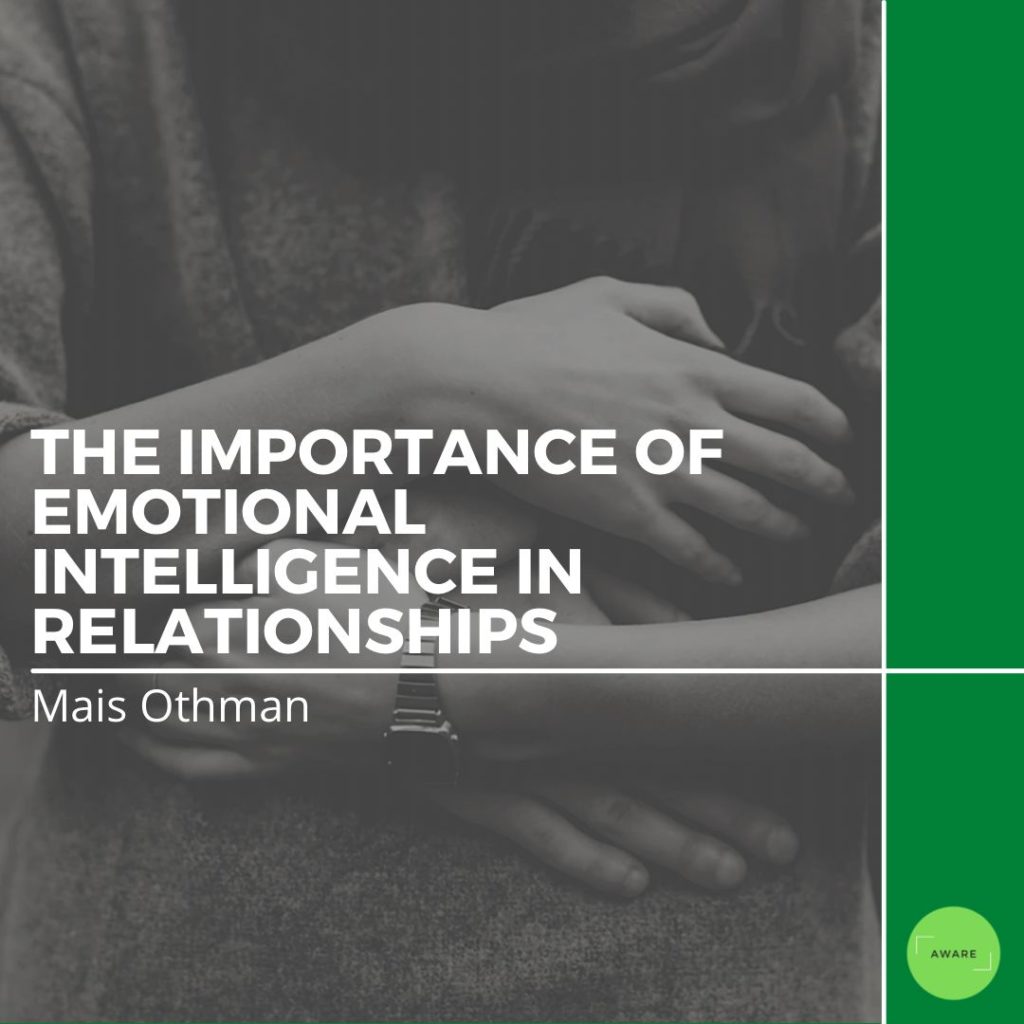Words of affirmation, quality time, physical touch, acts of service, and receiving gifts all make up the five love languages that many of us have heard of. The theory of the five love languages was proposed by Gary Chapman back in 1992. Gary Chapman was a counselor who worked with couples and found that many of his clients were not feeling loved despite their partners believing that they were doing all the right things for them. Through his work, Gary Chapman saw five consistent patterns that emerged in what his clients wanted from their partners, and these became what he later termed as the five love languages.
Gary Chapman concluded that people do not give and receive love in the same ways. In fact, everyone has a primary love language, which is one that speaks to us most deeply. Essentially, what was interesting about his findings is that his client’s partners may have been expressing love, but it was not in a meaningful way to them. To help ensure that both parties can truly feel loved, Gary Chapman suggests finding out people’s love languages and the love language of their partner.
About the Five Love Languages
To explain, those whose main love language is words of affirmation, for example, have a preference for love being expressed through spoken words, praise, or appreciation. If someone’s love language is quality time, he or she really appreciates love and affection being expressed through undivided attention from his or her partner. Someone whose primary love language is physical touch feels the most love and appreciation through physical affection. If someone’s main love language is acts of service, he or she may want love expressed to him or her through being helped by a partner. Those with receiving gifts as their love language do not necessarily expect large or expensive gifts but appreciate the thought behind them.
The Sixth Love Language
Some would argue that there is a sixth love language that is equally, if not, more important – but one that is sometimes overlooked in relationships. This would be emotional intelligence, or EQ. Emotional intelligence describes a person’s capacity to be aware of, control, and express emotions in a healthy manner. In other words, it is the ability to handle relationships appropriately and empathetically. In a relationship, emotional intelligence translates into the ability to be in touch with your own emotions as well as those of your partner.
Building Emotional Intelligence
In fact, emotional intelligence is the secret of lasting intimate partnerships, largely because it allows us to be extremely aware of the changes that are constantly happening in ourselves and others. That is why, through building your emotional intelligence, you would obtain the sensitivity that everyone is always seeking in a significant other. You will also automatically sense, through active awareness and empathy, the little shifts in the dynamics of your romance that signal a need for action.
At the end of the day, emotional intelligence says: it is not us versus each other, but it is us versus the problem. We do not have to internalize each other’s inner conflicts. We instead have to practice empathy and be each other’s peace in a world that already has more than enough conflict and suffering. Begin building your emotional intelligence and becoming emotionally healthy through reconnecting to your core emotions, accepting them, and becoming comfortable with them. In order to achieve this, you must practice mindfulness, which is the practice of purposely focusing your attention on the present moment without judgement.
